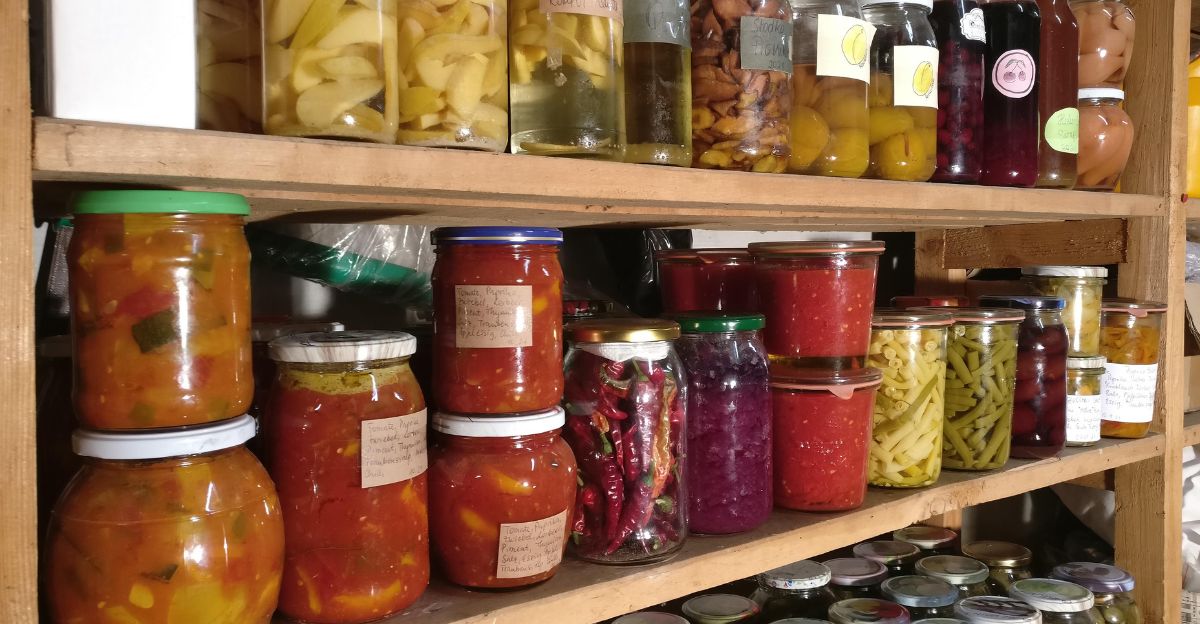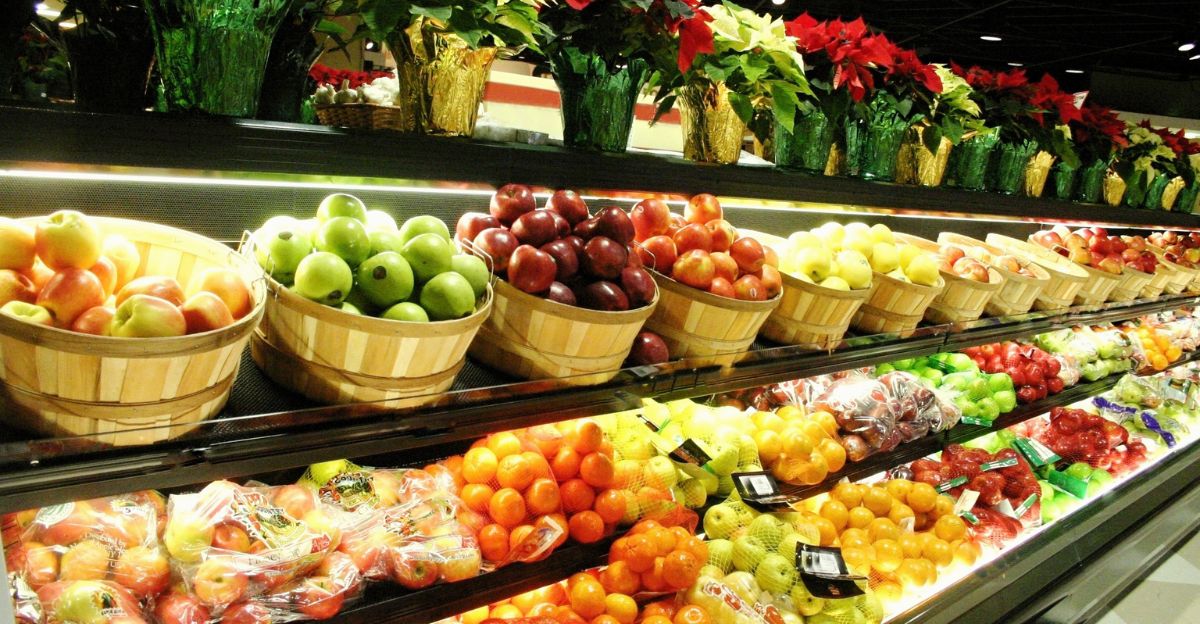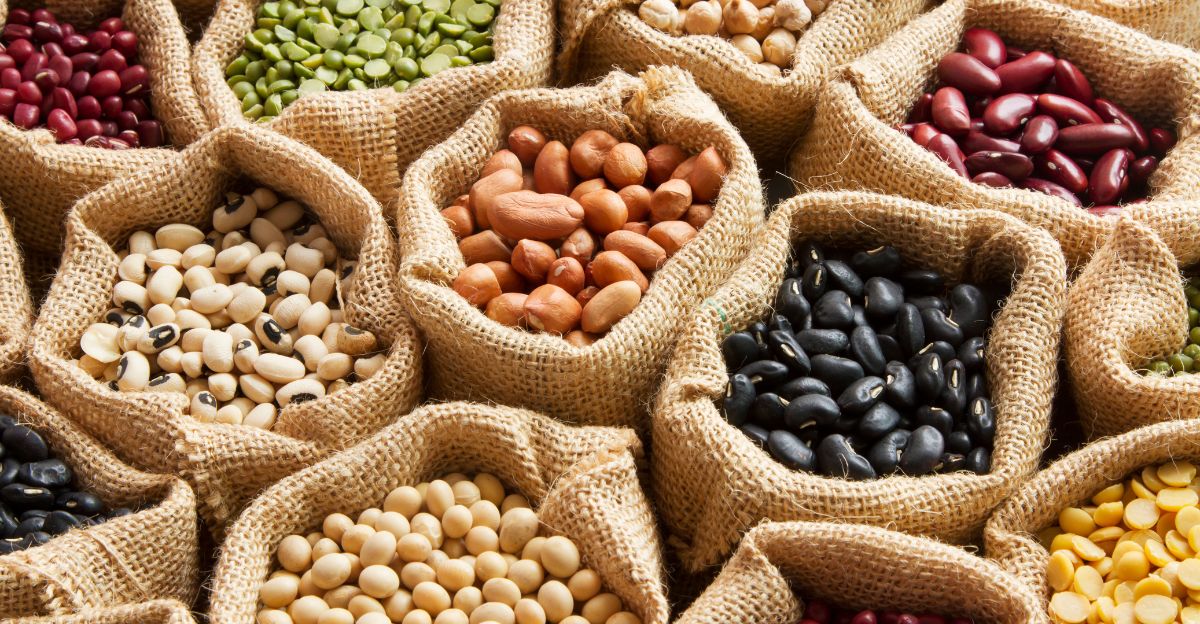
Grocery prices have been steadily climbing over the last few months, and shoppers are growing increasingly concerned. Recent forecasts indicate that food-at-home costs in the U.S. will increase by 3.2% in 2025, while categories, including eggs and fresh produce, are projected to experience even sharper increases. While inflation has slowed down compared to previous years, food costs remain uncomfortably high.
As a result, many families are finding it difficult to stick to their usual food budgets and are often faced with tough choices at the checkout. Understanding why grocery prices are increasing and how to respond to these changes is important. By staying informed and proactive, consumers can better manage their spending and protect their household budgets from sudden grocery bill spikes.
The Causes

Recently, grocery prices have climbed for many different reasons. Recent tariffs on imported goods, ongoing supply chain issues, and extreme weather events impacting agriculture have all driven up costs. On top of that, labor shortages and rising transportation expenses have also contributed to higher food prices.
While some of these price hikes are temporary and will ease with time, others could persist, especially for imported goods. By understanding the causes behind these price hikes, shoppers can better predict which products are likely to rise in price and plan accordingly. Being aware of the broader economic context can help shoppers make smarter choices and adapt their shopping habits effectively.
The Impact on Families

Increased grocery prices greatly impact American families, especially those with fixed or lower incomes. With the recent price hikes, many American households have to prioritize essentials and cut back on non-necessities. This could lead to fewer treats, more home-cooked meals, and a bigger reliance on sales and coupons.
The strain of constantly budgeting for food can also take a toll. By acknowledging these challenges, families can look for support from one another, share strategies, and make joint decisions that help stretch their food budgets while still maintaining a healthy, well-rounded diet.
Smart Shopping Strategies

With grocery prices spiking, many shoppers are now turning to smart strategies. By making detailed shopping lists, comparing grocery prices across stores, and looking out for sales, shoppers can save a lot of money. Buying in bulk will also help individuals lock in lower prices, especially for non-perishables.
Many consumers have also decided to switch to store brands, which usually offer the same quality as name brands at a lower price. Using loyalty programs and digital coupons can also reduce expenses. By using these strategies, shoppers can make the most of their grocery budgets.
Stocking Up on Staples

Now is the best time to stock your pantry with versatile staples. Important items like rice, pasta, beans, canned vegetables, and flour can easily be bought in bulk and stored in your pantry for months at a time. These staples are used in many meals and are always good to have around. They are also less susceptible to sudden price hikes.
Consumers should be on the lookout for sales and stock up on these items when prices are low. Having these items in your pantry at all times will not only save you money but will also provide you with peace of mind, ensuring that you are prepared for any unexpected shortages.
Embracing Seasonal and Local Foods

Another great way to save money is to purchase seasonal and local produce. Fruits and vegetables that are in season are usually cheaper and fresher than out-of-season imports. Shopping at farmers’ markets and local co-ops can provide competitive prices while also giving consumers the opportunity to support local farmers and producers.
By planning your meals around what is in season, you can have variety while keeping your costs down. You can also freeze and preserve excess produce for later seasons.
Reducing Food Waste

Reducing food waste is a super effective way to extend your grocery budget. Thoughtful meal planning, proper food storage, and finding new ways to use leftovers can significantly help you reduce unnecessary spending. You should always check for expiration dates, rotate pantry items, and freeze surplus food before it spoils.
You can also repurpose leftovers into soups, casseroles, or stir-fries to reduce food waste and save money. Keeping track of what’s already in your kitchen can help you avoid unnecessary purchases. This way, you can make the most of every dollar spent at the grocery store.
Exploring Plant-Based Options

Meat and dairy prices have been climbing significantly, which is why many shoppers are now turning to plant-based proteins, including beans, lentils, and tofu. These items are usually much more affordable, have longer shelf lives, and offer nutritional benefits.
Adding plant-based options to your shopping list can help you offset the cost of animal products while adding variety to your meals. To make the transition enjoyable for yourself, you can try new recipes and cuisines.
Growing Your Own Food

If you’re looking for a rewarding and practical way to save money on groceries, you should try home gardening. Even a small vegetable garden can provide you with plenty of herbs, tomatoes, or leafy greens, which will significantly reduce your reliance on store-bought produce. If you have little gardening space, try container gardening!
Freezing or canning homegrown vegetables is a great way to preserve their freshness and extend their shelf life. Gardening can also be educational for children and promote healthier eating habits.
Staying Informed and Flexible

With the grocery landscape constantly changing, staying informed is extremely important. By following news about food prices, tariffs, and supply chain issues, you can anticipate price changes and plan accordingly. Being flexible with your meal plans and being open to trying different brands or products can lead to unexpected savings.
You can also join community groups or online forums for tips and support. By staying flexible and proactive, shoppers can navigate rising grocery prices more effectively, protect their budgets, and provide their families with delicious and nutritious meals.
